Spirituality and Client Outcomes: Investigating the Mechanisms of Religious and Spiritual Competence Training in Mental Health
Principal Investigators
Abstract
Contemplative mystic and spiritual teacher, Fr. Richard Rohr, famously stated that “all healthy religion shows us what to do with our pain” (Rohr, 2021). Over recent decades, the scientific community has demonstrated evidence for Rohr’s claim by documenting the protective benefits of religion and spirituality (R/S) on mental health. Religion and spirituality have helped many individuals cope and make meaning of tragedy, buffered the risks of substance use, depression, and suicidality. Further, an overwhelming proportion of individuals prefer their therapists to integrate spirituality into treatment. Consistent and emerging research has made what was once eschewed in the therapy room an established and critical component of competent and ethical counseling. Clinicians must be able and ready to address the religious and spiritual aspects of people’s lives. However, many helping professionals are not trained in R/S approaches to treatment. Regardless of how R/S affects a wide range of therapeutic issues, they remain unaware of how to ethically integrate R/S into counseling. In addition, many counselors have been practicing longer than the new standard of spiritual integrative care has been this widely accepted and, thus, remain untrained in the field. Counselors must be prepared to adequately provide R/S assessment, identify underlying spiritual issues, and offer culturally appropriate resources. To help meet this need, researchers developed a novel online program called Spiritual Competency Training in Mental Health (SCT-MH) in 2018. This 8-module course is intended to equip counselors with a greater ability to understand how spirituality influences mental health and better tools of how to address it in session. In 2020, a research study provided initial findings on the training’s effectiveness in boosting competence. Based on these results, we aim to conduct a larger-scale randomized controlled trial over the course of two years to examine the effectiveness of SCT-MH on competence and other salient aspects of counselor disposition. Further, we plan to explore the best pedagogical method for training counselors in this approach. One way of engaging a person’s spiritual strengths in learning is called contemplative pedagogy, and we will examine whether it will potentiate the effects of spiritual competence training. In this study, the contemplative pedagogical techniques will include centering prayer meditations repeated throughout the training. Our pilot studies demonstrated contemplative pedagogy corresponding to improved counseling student outcomes. We believe combining contemplative pedagogy with the SCT-MH training will increasingly improve clinical professionals’ R/S competence. In this study, we propose a 3-parallel-arm RCT to examine the unique dynamics and outcomes of counselors a) completing SCT-MH, b) completing SCT-MH through contemplative pedagogy, and c) engaging in an alternative placebo. The outcomes include counselor traits such as competence and multicultural orientation, but we will also examine the counselors’ client outcomes by administering their clients wellbeing measures and session ratings. We anticipate our study will provide empirical support for the relationship between the R/S competence and the mental health outcomes among clinical professionals. Additionally, we expect it will also provide empirical support for using contemplative pedagogy to enhance the effects of counselor competence training.
Project Team
Dr. Daniel Gutierrez, Co-PI
Dr. Stephanie Dorais, Co-PI
Consultants
Dr. Michelle Pearce
Dr. Kenneth Pargament


